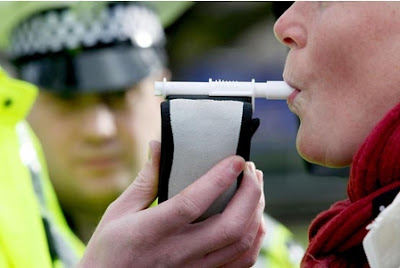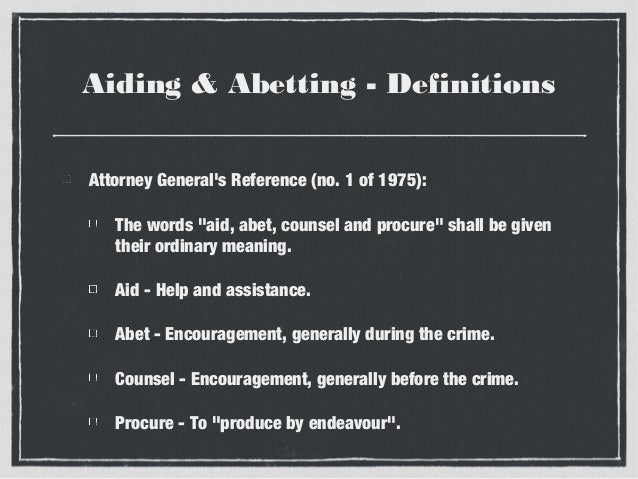 |
| Jonny Mason convicted in Norway |
The chief finance officer at Halfords, Jonny Mason, has been
sentenced to two weeks’ imprisonment, a £12,000 fine and a two-year driving ban
after he was caught drink driving a golf buggy on a private golf resort under
10kph. Would he be convicted here in the UK and, if yes, would the sentence be
as harsh?
What’s needed for a conviction? The prosecution must prove a
few things to secure a conviction:
1.
D drove;
2.
The thing that D drove was a motor vehicle;
3.
The driving took place on a road or public
place;
4.
At the time D drove he was over the drink
driving limit.
In most cases, some or all of these points are uncontested
but Mr Mason’s case is interesting because it raises issues on points that aren’t
considered in most cases.
First we need to ask was Mr Mason driving? “Driver” is a
common word and the law defines it more or less according to its dictionary
definition. Things may seem more complicated in a golf buggy where two people
can operate all or some of the controls at the same time. But that does not
trouble English law where the courts have recognised since the 1970s case of Tyler v Whatmore that two people can
drive the same vehicle at the same time. So, if Mr Mason were exercising
control over the vehicle using any of the controls he would be a driver.
Next we consider whether a golf buggy is a motor vehicle.
When people think of drink driving, I suspect that cars, motorbikes, vans and
lorries are the first things that come to mind not golf buggies. Section 185 of
the Road Traffic Act defines “motor vehicle” to mean “a mechanically propelled vehicle intended or adapted for use on roads”.
Having conducted some research, it seems that golf buggies are not usually
intended for use on roads, although some can be adapted for such use on a
limited basis. By the way, I’ve also discovered that a second-hand golf buggy
costs around £4,500+VAT – for less money you can get a well-used Yamaha R1, I
know which one I’d prefer! Assuming that this golf buggy was not adapted for
use on the road then the prosecution’s case would fail as they would not be
able to prove that Mr Mason was driving a motor vehicle.
It should be noted that although he would not be guilty of
drink driving, an astute prosecutor would want to consider the possibility of a
charge under section 12 of the Licensing Act 1872, which criminalises
drunkenness when in charge of a “carriage, horse, cattle, or steam engine”.
This charge is very rare and so we won’t go on and consider whether a golf
buggy meets the definition of a carriage (I’m assuming none run on steam power
and nobody thinks they are horses or cows), we’ll just assume it is a carriage.
To commit an offence under the 1872 Act, a person must be in charge on a
highway or public place, which is convenient since that’s very similar to the requirement
under the 1988 Act.
Is a golf course a “road or public place”? I find that this
is the question that trips up most non-lawyers most often. There is a common
belief that motoring law ceases to apply the moment you enter privately owned
land. This is very far from the truth. A common example of this belief in
practice are parents who take their children to a car park for early driving
licence believing the child does not need a licence or insurance because the
land is private. We should draw a big red line under this myth – it is not true!
The question is far more complicated and ownership of the land is only one
small part of the answer. You must also consider who has access to the land
such as whether it is open to the public at large. In one case, I successfully
argued that my client was not guilty of drink driving because the land he was
on was only open to a subset of the public and not the public at large. A
simple question to ask is whether you could walk across the land to get from
point A to point B where both are public places. If the answer is “yes” then it
is likely to be a public place. If the answer is “no” and the land is privately
owned then it is probably not a public place.
Based on the report in the newspaper, I doubt whether Mr
Mason was on a “road” for the purposes of the 1988 Act, which defines a road as
“any highway and any other road to which
the public has access and includes bridges over which a road passes”. The
report says he drove from a beach bar, which seems unlikely as there do not appear
to be any beaches near the resort. But, assuming the bar was within the resort
then it will not be a highway to which the public has access.
So, in Mr Mason’s case we would have to ask whether the golf
resort is open to the public at large. If it is only open to members and their guests,
then it is not open to the public at large. Additionally, if there is no route
across the land that a person could take to get from A to B then it is very
likely that the golf resort is not a public place and so no drink driving offence
could be committed there.
I assume Mr Mason accepts the alcohol reading and so there’s
no point considering that.
Therefore, we can see that had this happened in the UK, it
is very unlikely that Mr Mason would have committed an offence because a. his
vehicle is not a motor vehicle; and b. even if it were his driving seems have
taken place on land not open to the public.
Nonetheless, in Norway it seems that his actions were a criminal
offence – no doubt much to his surprise. But, had he been convicted here what
would his sentence be?
Without knowing the level of alcohol in Mr Mason’s system it
is difficult to be precise on the sentence. But we can have a go at working it
out. In Norway, prison becomes an option when a person is double the drink
driving limit, which in Norway is 20mg per 100ml of blood. Here in England and
Wales it is 80mg, in Scotland it is 50mg. We know that Mr Mason was sentenced
to two weeks’ imprisonment, which we can assume means was at least double the limit,
so we’ll use that as a comparison.
Had he provided a specimen with 40mg of alcohol in 100ml of
blood anywhere in the UK, he would not have been prosecuted. Had he been double
the limit in England and Wales he would be looking at a fine of a week and a
half’s wages plus a driving ban of between 17 to 22 months. I have no reason to
think he is not a man of good character so there would be no likelihood of his
going to prison.
Given the speed, distance and low risk to other road users,
he might have attempted to argue that there was a special reason not to
disqualify him from driving at all, in which case he would have escaped with
ten penalty points.
So, we can see that in the UK, Mr Mason's actions would not
have been a crime. But, had he somehow been convicted he could have avoided the
driving disqualification altogether. If you find yourself facing an accusation
of drink driving (whether it’s a golf buggy or a car), call the experts at London
Drink Driving Solicitor on 020 8242 4440 for specialist legal advice.



